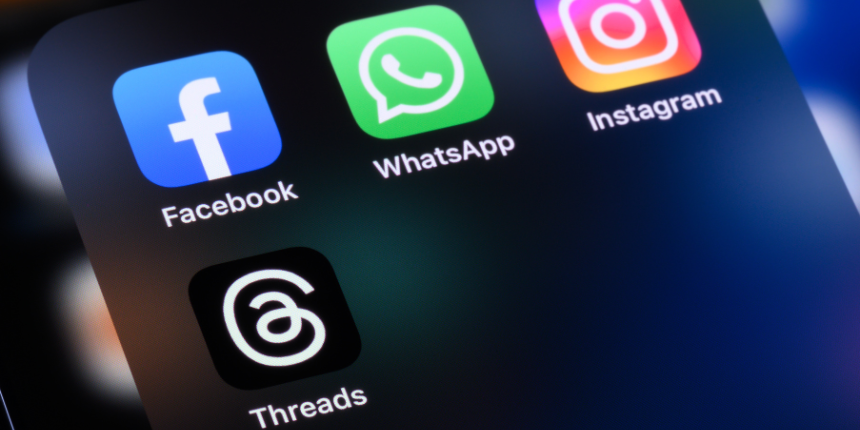
Amplify your reach and drive results with our tailored paid media strategies.
Google have changed the way that advertisers can reach their audiences. No longer can you advertise to specific audience groups exclusively targeting them by the device they use. Googles latest money spinning idea is called Enhanced Campaigns
Call me a cynic if you want, but I think both myself and our clients liked the way we ran our paid search campaigns more than Google did. We made profit for the clients, we demonstrated value, we ‘thought outside the box’; but our good friends at Google made less money, so something had to inevitably give. CPC prices have steadily fallen for the last 2 years as the growing tablet and smartphone audiences have given savvy advertisers the opportunity to reach their fragmented audiences more profitably.
A growing number of quality agencies like ourselves at Ambergreen could clearly see that specific types of search terms and the devices used to convert these search terms were closely aligned; PPC campaigns were being more profitable again. All the tricks we wanted to use made sense again; day parting by device, click to call ads for smartphones, adverts for app downloads all made common sense; b2b search terms converted on tablets like never before after the explosion of sales at Christmas 2012; something definitely had to give.
So it was inevitable that Enhanced PPC bidding was going to be rolled out to stop good agencies making as much profit for their clients. It comes with the territory, a good idea is exploited and dumbed down to make it easier for everyone to use and the result is a simplified process that is far more profitable for the search provider rather than the brands and agencies.
Looking forward, the Enhanced Campaigns transition will drive up prices for advertising on tablet devices through the rest of the summer, and the full effect of this change on the market will happen in Q3. We anticipate click prices will rise by 5-10% on a YoY basis over the next six months. This increase is partially attributable to Enhanced Campaigns, the other factors being the competitive environment among advertisers and the usual macro-economic conditions as we move toward the festive period.
‘Experts’and Industry bodies suggest that PPC spend on Google will grow 15-20% on a YOY basis. We have seen a 15% YoY increase in ad spend despite a fall in overall click prices; this is simply down to the increased number of ads competing for visibility while user numbers continue to grow. As the migration to Enhanced Campaigns continues, click prices will continue to grow as will audience growth and the need for the adverts to be seen. With over a decade’s experience behind us, I can guarantee you that retaining the visitor numbers that you are currently receiving through paid search advertising will cost you more next year.
Subscribe to our monthly newsletter.
So let’s park the grumping about Googles idea of ‘not being evil’ to one side, let’s look at the practical steps to ensuring that Enhanced Campaigns don’t create any more damage than they may already have to your perfectly crafted PPC campaign.
The biggest area to look at will be the customer experience; usability and how each element of engagement process works from the initial search to the final conversion.
Campaigns will be harder work to maintain. Understanding which device multipliers to tone down and what to increase will need a greater focus toward more of a port folio approach to bid management. The growth of RTB and the devices that adverts are displayed on will play a larger part of conversion process. Advertisers trying to reach audiences in Bing will be using very different bidding strategies to the campaigns that they will be using on Google. And the evolution will continue.
The opportunity for the rest of 2013 is to maintain well structured accounts, understanding which devices attribute to conversions and which search terms are relevant to those devices and the times of day we use them. The biggest threat will be if laziness kicks in and you think that each visitor is worth the same regardless of the device, location, time of day and search term used; ignoring the effects of what Enhanced Campaigns will do to your advertising budget could cost you dearly.
For more information, download our Acquisio Case Study.
Or discover how beat the competition with our paid media services.
Amplify your reach and drive results with our tailored paid media strategies.
Amplify your reach and drive results with our tailored paid media strategies.
Subscribe to our monthly newsletter.